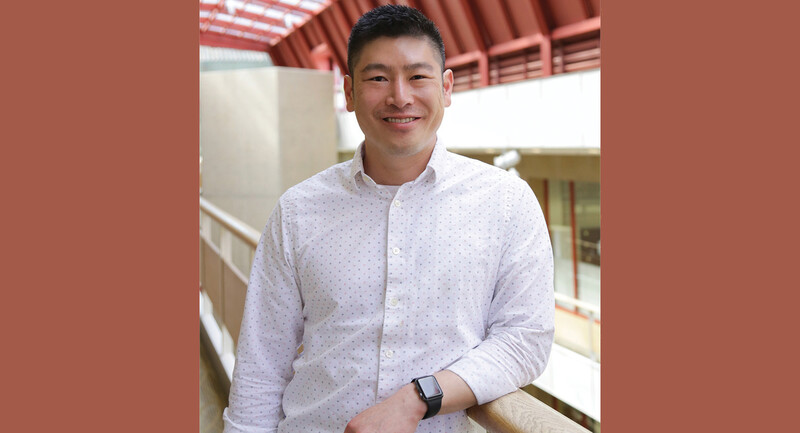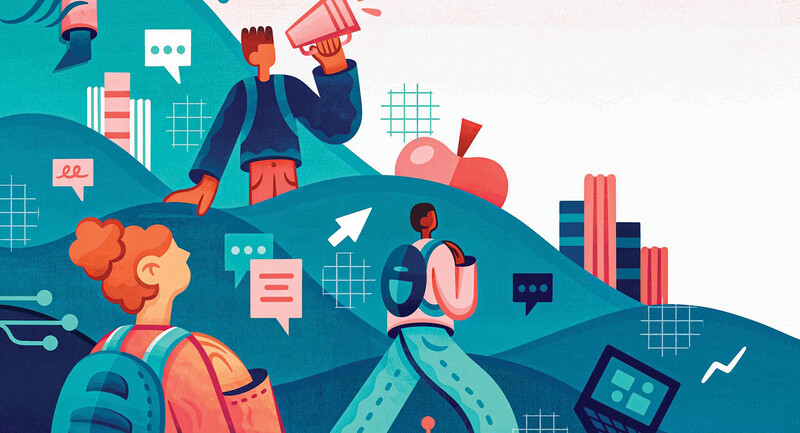In recent weeks, education groups, schools, and colleges have teamed up to offer resources for educators and draft policy papers in response to the sudden rise of so-called generative AI tools, chatbots that can compose answers to questions that sound like they are written by a human.
Perhaps the largest of these efforts is TeachAI, a quickly convened partnership of major education organizations, including the World Economic Forum, National Association of State Boards of Education, National School Boards Association, Code.org, Educational Testing Service, Khan Academy, and ISTE (which shares a parent organization with ASCD and EdSurge). The group also encompasses education ministries from several countries and several tech companies working on AI, including Amazon, Microsoft, and OpenAI, the maker of ChatGPT.
Launched in early May, TeachAI plans to produce reports and guidelines for using AI in education; make policy recommendations for incorporating AI in school curriculum standards, courses, tools, assessments, and professional learning; establish a global framework for computer science curriculum that includes AI; and provide engagement opportunities for educators and administrators.
The unprecedented rise of AI "demands deliberation as the implications are vast" for education, the group stated.
"If you imagine how would you design education today for the age of AI," added Hadi Partovi, CEO of Code.org, "we'd not just change the curriculum, we'd change how we grade, learning objectives, what we teach, the purpose of education, and how we assess how students learn, and what they learn."
Other efforts recently announced by educators include:
- New York University's Center for Responsible AI and the New York Public Library's launch of the All Aboard! Primer, a comprehensive guidebook designed to ensure inclusive instruction on artificial intelligence for teachers.
- A free online "teach-out" offered by the University of Michigan, in partnership with Coursera, for educators and others who want to understand how AI chatbots work and what impact they might have on society.
- Stanford University's Graduate School of Education is building a collection of curricular resources about AI for teaching that it calls the CRAFT project.
Some compare the level of self-organizing and resource sharing around AI to the early days of the COVID-19 pandemic, when educators around the world suddenly had to shift to remote teaching.
"There's an emotional toll of realizing that you have to reinvent teaching," said Kevin Yee, director of the Faculty Center for Teaching & Learning at the University of Central Florida. "[Y]ou can't just do business as usual and expect students to learn."








